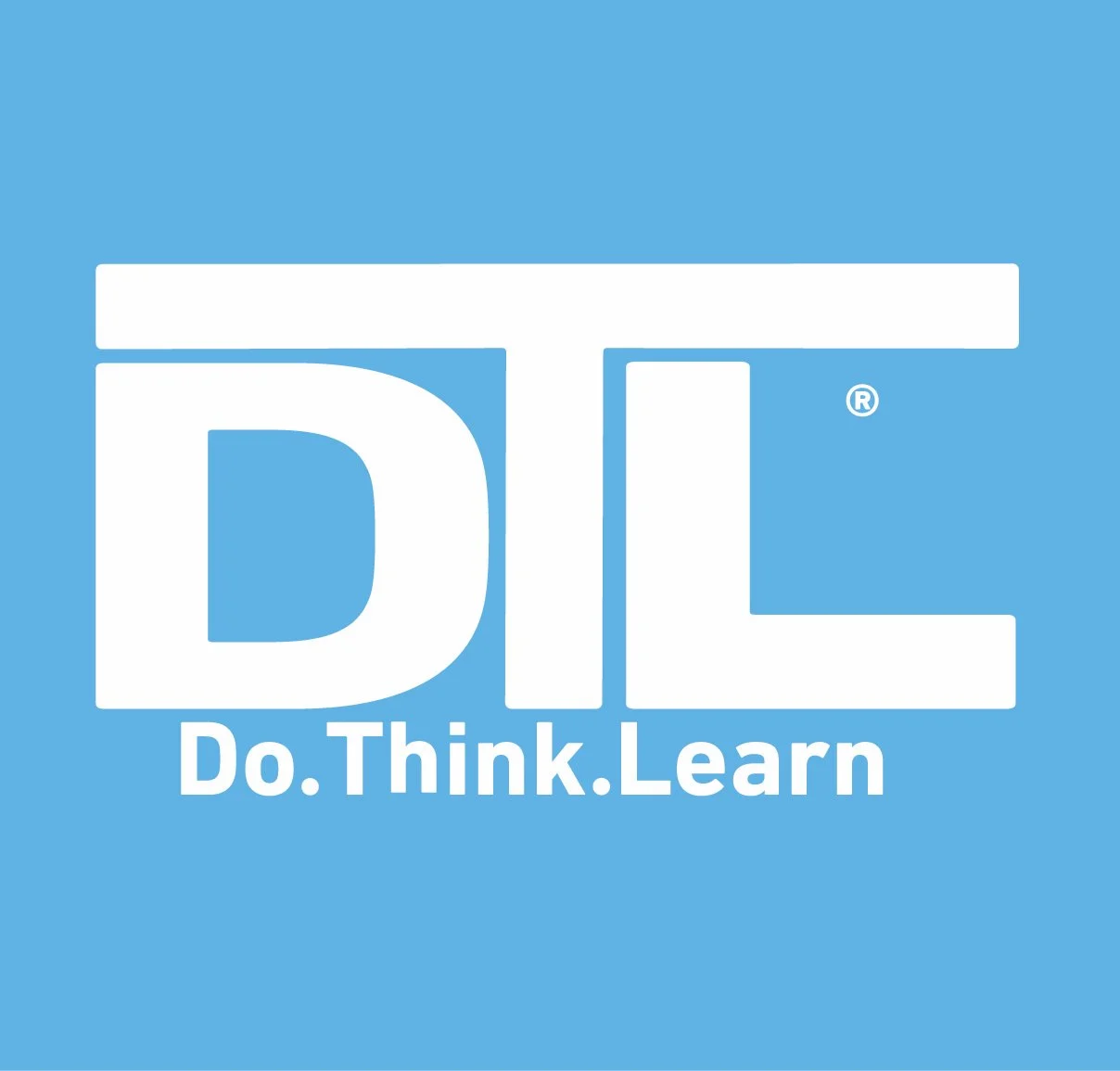Learn by doing represents an interesting phrase yet widely overused in education. Dating back to the dawn of progressive education, Dewey first positioned experience and reflection as important conduits for learning in the early 20th century. Unfortunately somewhere along the way the reflective components were minimized if not lost and experience now gets squeezed in as possible much of the time. As someone who uses experience and reflection as the foundation of classroom life this loss bothers me.
Appearing in mission statements and as subheadings for book chapters, learn by doing evolved into a cliché by the mid 20th century. Curriculum theorist Hilda Taba voiced concern in 1962 when describing the misappropriation of experience by educators. Really, what does one learn by action alone?
The problem, highlighted by Taba and other educators, is that teachers provide learning experiences (stand alone activities, field trips, etc.) but often they do not provide opportunities for students to reflect on what occurred in those activities in order to build connections between those experiences and their future activities. Without opportunities to reflect and connect much of the learning from activities is lost.
Sixty plus years later this problem persists in schools. Often the problem persists not because of teacher negligence but because of a lack of time or the demands of district compliance objectives and school-based administrative pressures. This blog is titled Do.Think.Learn in an effort to encourage educators to move beyond cliché and more thoroughly facilitate the possible benefits of learning from experience.
Do.Think.Learn... While some groups and individuals may position these actions differently (e.g. http://www.learnthinkdo.us), my current pedagogical frame is for students to Do first; Think about what happened after the doing; and Learn from a combination of action and reflection (praxis). This scenario does not preclude front loading activities (thinking before starting). At this time the conversation focuses on the period after a specific experience.
Unfortunately many professionals make assumptions around learn by doing and the educative power of experiences. While experiential learning represents powerful opportunities to grow, that power has limitations. Just doing it, as the folks at Nike might say, doesn't often do a lot in terms of learning. Assuming students are learning is not a strong position for a teacher. Praxis helps teachers bridge experience and learning. Of course the teacher can't force students to cross that bridge, but by building that bridge a teacher has done his or her due diligence.
Take time to have students examine their actions. Reflection represents one key to learning and is an important life skill. Sure looking back at our actions or the actions of our group isn't always exciting. Don't beat it to death. Get the process started. Encourage students to incorporate reflection into their lives. Without reflection, how much students learn shrinks exponentially.
Keeping in mind the constraints and limitations placed upon educators, how can we move beyond clichés and missions statements? Perhaps others feel differently about the order Do.Think.Learn. Is praxis possible given the realities of schooling these days? Is "Just Do It" all we have time for now? Or maybe, you might use other words altogether.
